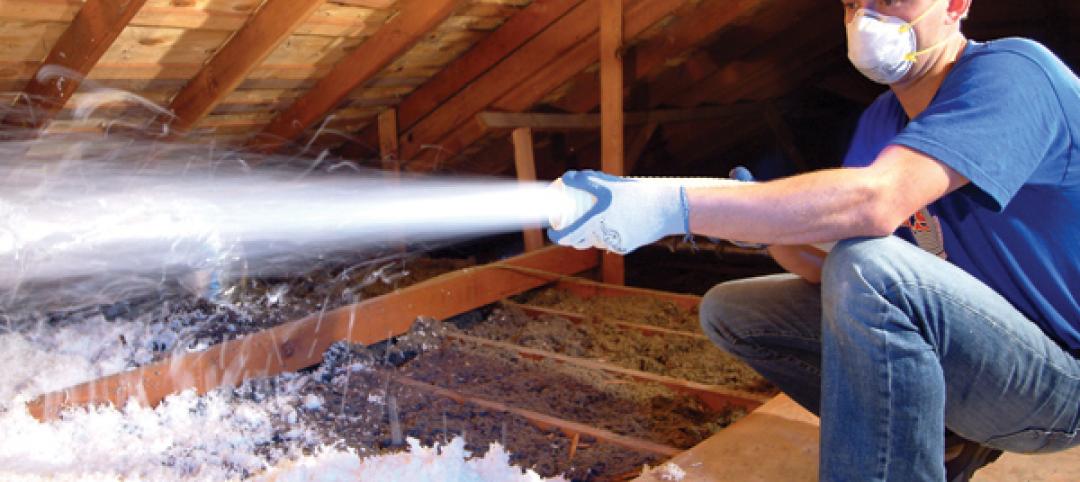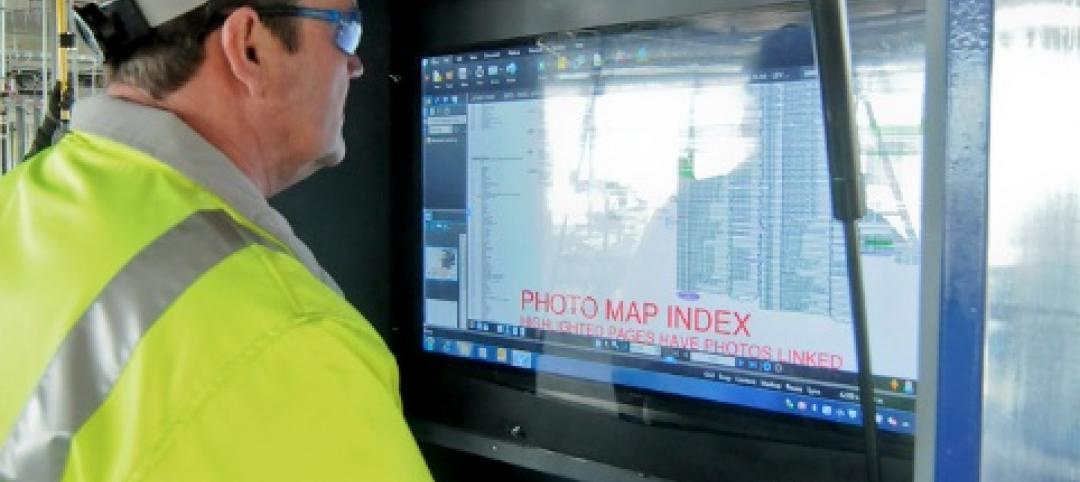The Pacific Ocean has risen 4 to 8 inches along the Northern California coast over the last century, and is expected to continue to rise two to three feet more by the end of the century.
Bay Area communities are struggling for a strategy to cope. The California Coastal Commission has encouraged city governments to plan for the future by fortifying flood defenses, restoring wetlands, or making people move.
The latter prospect, in particular, is politically charged with valuable coastal properties comprising major investments for residents. The last resort of relocation has been chosen in Pacifica, where coastal bluffs have eroded so quickly that city officials have already demolished some properties before they fell into the water.
Fortification projects are moving forward. San Francisco voters approved a $425 million bond to start bolster a sea wall along the Embarcadero, the road along the bay. Builders of a new real estate development in a former industrial area called Mission Creek are raising old roads and warehouses by as much as 10 feet.
Communities face an overriding question: How much do you armor the coast, what areas do you save, and who will have to move?
Related Stories
| Dec 29, 2011
OSHA enforcing new fall hazard standards
OSHA is enforcing its new fall protection standards, as evidenced by a recent crackdown in New York.
| Dec 29, 2011
NRCA offers program on new fall-protection requirements
The National Roofing Contractors Association's (NRCA's) program "Roofing Industry Fall Protection from A to Z" will be held Feb. 21 during the organization's 125th Annual Convention.
| Dec 29, 2011
Decision not to fireproof the new World Trade Center Transportation Hub criticized
Some criticized the decision, reasoning that the structure could be a terrorist target.
| Dec 29, 2011
Seismic safety in question at thousands of California public schools
California regulators responsible for enforcing earthquake safety laws have failed to certify more than 16,000 construction projects in California public schools, increasing the risk that some projects may be unsafe, according to a state audit report.
| Dec 29, 2011
GreenWizard offers cloud-based LEED credit management, assessment
The company recently began offering companies the ability to run assessments for design credits, in addition to traditional product-specific LEED credits.
| Dec 22, 2011
Federal home weatherization program has impacted 6.8 million homes
More than 6.8 million homes have been weatherized using federal, state, utility, and other funds under the American Recovery and Reinvestment Act.
| Dec 22, 2011
Group developing BIM data standards
A collaboration among Georgia Tech’s Digital Building Lab, the Precast Concrete Institute, the American Concrete Institute, and the American Institute of Steel Construction aims to develop global standards for transportation of three-dimensional digital models among fabricator, architecture, engineering, and construction groups.
| Dec 22, 2011
New green code spells out thermal requirement for roof retrofits
The 2012 International Green Construction Code (IgCC) includes a straightforward approach to minimum thermal requirements for roof and wall systems.
| Dec 22, 2011
AGC’s safety conference Jan. 11-13 in San Antonio
The Associated General Contractors of America’s national meeting for safety and health professionals will take place Jan. 11-13, 2012 in San Antonio, TX.
| Dec 22, 2011
Proposed New York City zoning revamp encourages rooftop solar and wind energy
New zoning regulation proposals to make it easier for building owners in New York City to make their structures more sustainable have entered the public approval process.
















